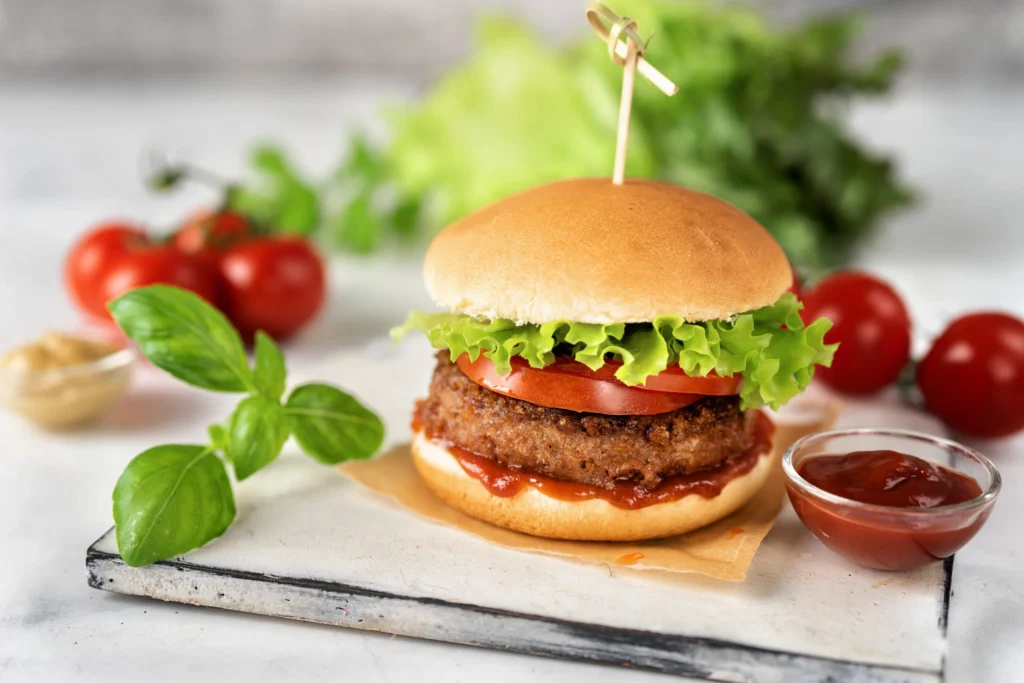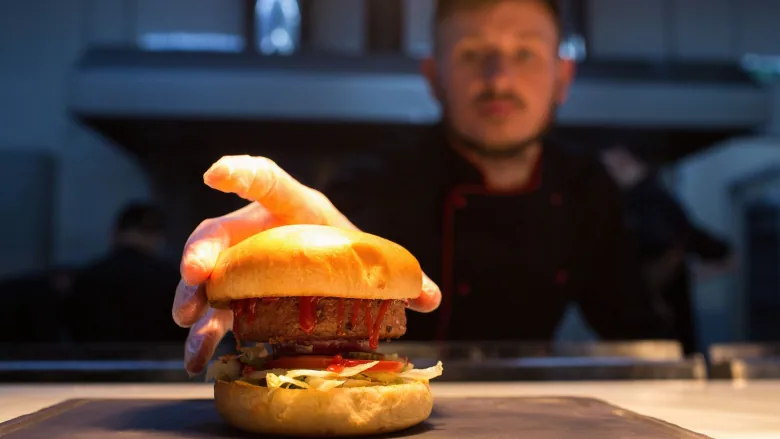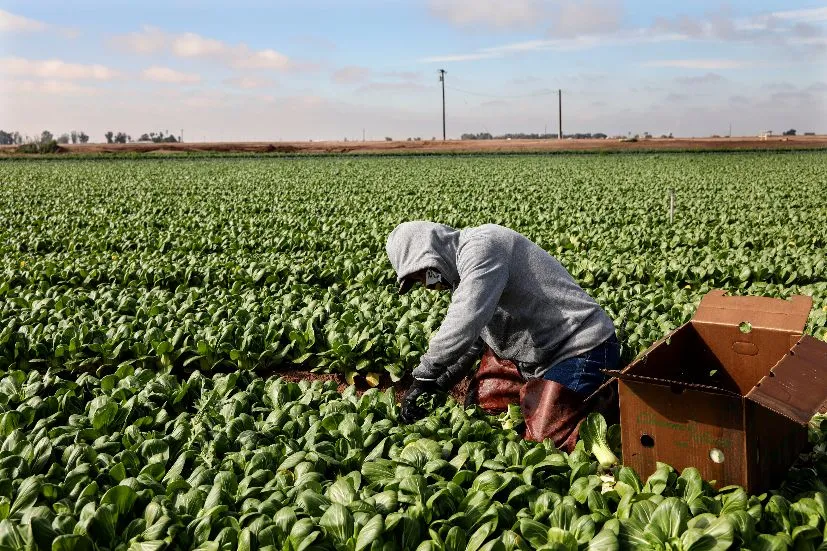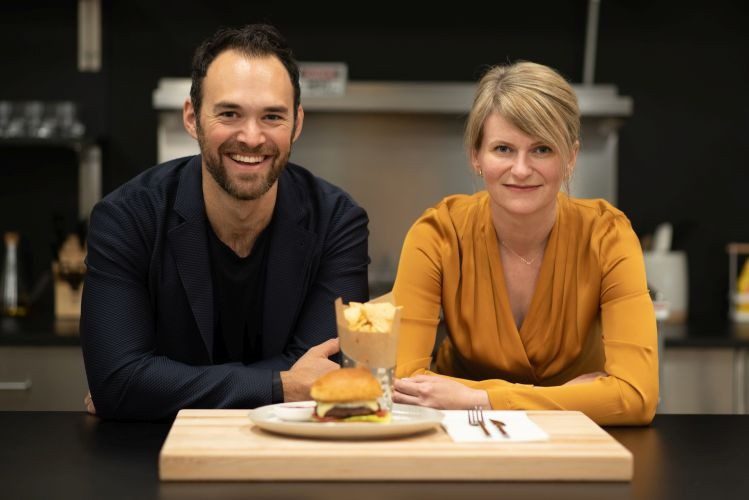France announced they would be banning the use of words like “steak” and “sausage” for plant-based foods. The ban was created in 2020 and will go into effect in October.
“It will not be possible to use sector-specific terminology traditionally associated with meat and fish to designate products that do not belong to the animal world and which, in essence, are not comparable,” the official decree says.
The regulation will only apply to products made in France, and many companies, including the country’s largest farm lobby, FNSEA, said that the law does not go far enough since it does not apply to imports.

FNSEA says that laws should be enacted “at the European level,” but the EU rejected a similar proposal in 2020. Terms like “butter,” “milk,” and “cheese” are protected in Europe and cannot be used for plant-based products, but words like “burger” are still allowed to be used.
The plant-based labeling debate has been going on for years now. There have been plant-based food labeling lawsuits in Oklahoma, Texas, Mississippi, Wisconsin, and Arkansas, as well as in Australia and the EU. Meat companies fear that people would confuse vegan food for real meat, which would affect their sales. Plant-based meat is getting more and more realistic, and meat companies are feeling the effects. Meat is not sustainable, and these plant-based companies are taking on the agriculture industry and winning the battle.
There is significant research that shows that customers can differentiate between plant-based products and real meat products. Research from the University of Louisville found that consumers “are no more likely to think that plant-based products come from an animal if the product’s name incorporates words traditionally associated with animal products than if it does not.”
Let’s talk about how misleading the meat and dairy industry is. Do you know what “free-range,” “grass-fed,” and “cage-free” mean? If you’re picturing vast green pastures and animals frolicking happily in large areas, you’re wrong. These labels are incredibly misleading and do not represent how these animals are raised.

“Free-range” chickens, for example, usually are confined in warehouses where they might technically have a door that leads to a small designated outdoor area. However, due to the massive number of birds crammed, they likely never see daylight in their short lifetimes.
If plant-based products are required to use certain terminology to not ‘confuse consumers’, let’s make meat companies do the same. Hot dogs, for example, should be clearly labeled with all of the ingredients so that consumers know exactly what they are eating. However, meat companies will never go for this because they know if consumers saw where their food was truly coming from, they would continue their decrease in popularity.
The plant-based food market is booming, and research suggests it could make up 7.7 percent of the global protein market by 2030. With a value of $29.4 billion in 2020, experts suggest that the plant-based foods market could have a value of over $162 billion by the end of the decade. Consumers are not confused by these products, and vegan alternatives are here to stay!









